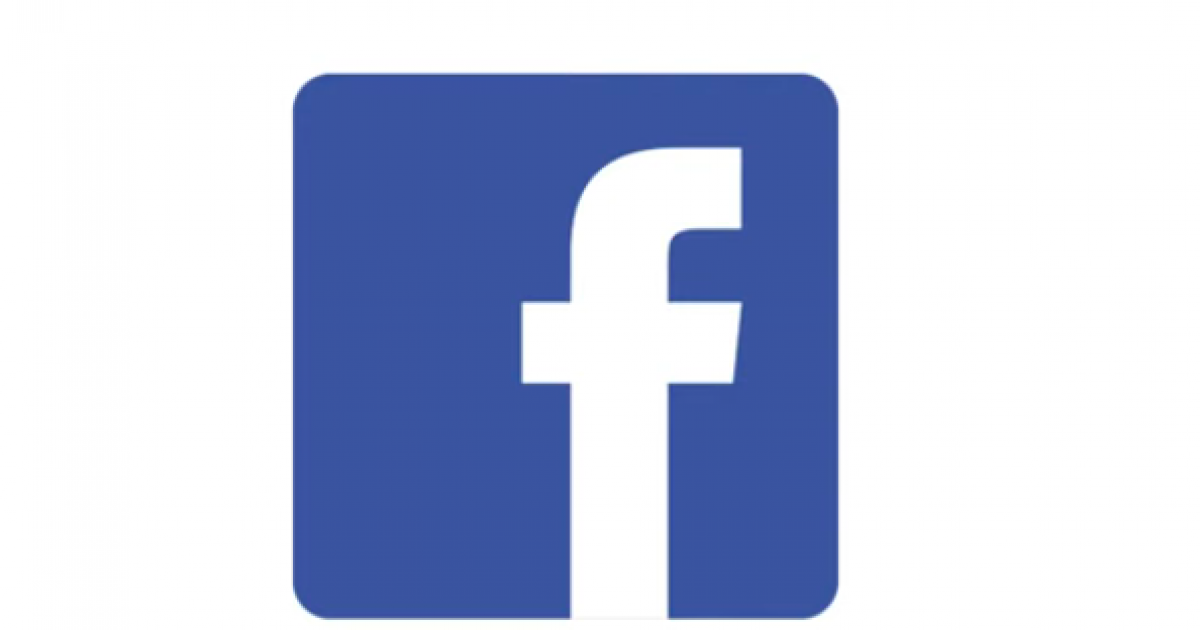
On May 6, 2021, former President Donald Trump was permanently banned from Facebook.
However, there may be growing opposition to this decision from the American populace. According to a report that Rasmussen released on May 7, 2021, a majority of voters are now in favor of getting rid of legal protections for major social media companies.
In the Rasmussen Reports telephone and online survey, it found that 59% of Likely U.S. Voters believe that the hall monitors of social media platforms such as Facebook and Twitter are politically biased in their decisionmaking.
On the other hand, 26% are in disagreement and believe social media companies fairly edit their content. 15% aren’t sure.
Under the federal law Section 230, social media companies are protected from legal liability for content that users post on their platforms. 55% of voters now support proposals to strip social media giants of these legal protections and make social media companies legally liable for posts made on their platforms. This represents a 22% increase from Rasmussen’s survey from May 2020.
48% of voters disagree with Facebook’s decision to make Trump’s ban permanent. 41% favor banning Trump from Facebook, while 10% are not sure.
Opinions on Trump’s Facebook ban largely broke down on partisan lines. 62% of Democrats support banning Trump from Facebook. By contrast, 67% of Republicans are against the ban. As for unaffiliated voters, 49% oppose Facebook’s permanent ban on Trump and 39% agree with the decision.
Republicans are more of the view that social media platforms’ decisions to edit content are driven by political bias. 78% of Republican voters believe that social media hall monitors make politically-biased decisions, whereas 38% of Democrats and 62% of unaffiliated voters share similar views.
Rasmussen noted that voters across the spectrum support vast overhauls of social media:
Support for ending Section 230 protections for social media companies has increased across the political spectrum since last year. Fifty-eight percent (58%) of Republicans now favor proposals to make social media operators legally liable for posts on their sites, up from 39% in May 2020. Fifty-five percent (55%) of Democrats also are in favor of ending legal protections for social media companies, up from 30% in May 2020. Fifty-one percent (51%) of unaffiliated voters now favor proposals to make social media operators liable for posts on their sites, up from 29% in May 2020.
Indeed, there’s a growing consensus that social media must be reformed. Let’s be honest, social media now functions as a de facto public square and must be treated as such. No corporation or government can step in and muzzle peaceful political speech on these platforms. Republican policymakers who want to stand out and break the polarization cycle can do so by championing an Internet Bill of Rights. Internet speech is the new political paradigm we live in, and it must have a legal framework that comports with that reality.



